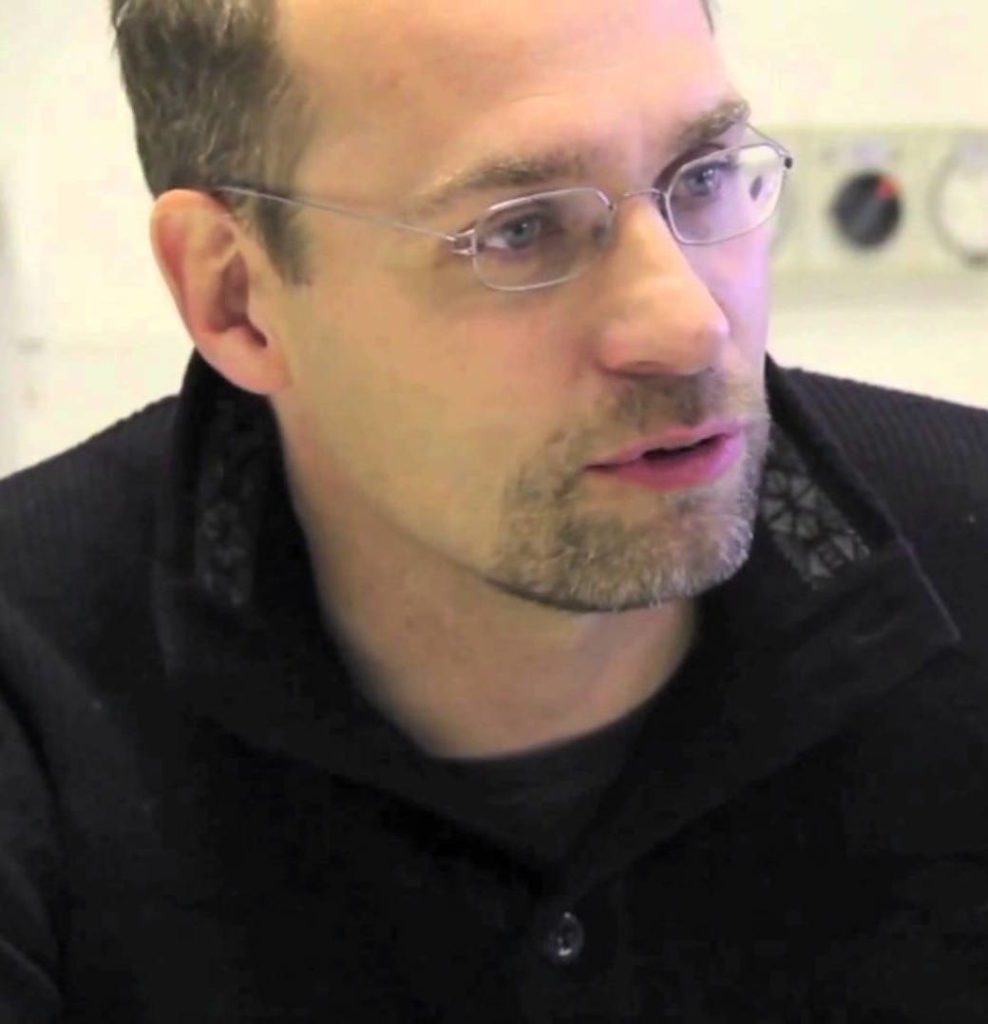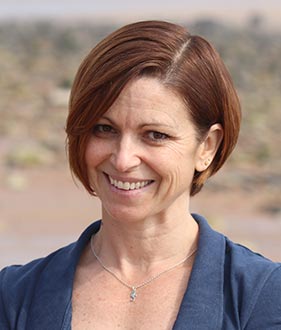It is our goal to provide students and teachers with a resource for understanding, in depth, just one facet of scientific inquiry. By necessity, education is often general and broad. As such, students are left to their own devices to engage topics in more depth. Rarely, however, are such resources age appropriate in content and structure. This website is a resource for students interested in marine mammals, but ready to thoroughly explore current understanding and research on the topic in an age appropriate way. It is also a resource for teachers interested in exploring a popular topic in more detail with the class as a whole. It is our hope that we can inspire future generations of young scientists with the resources we provide here, no matter what scientific discipline they choose. This website is part of a project that has received funding from the European Union’s Horizon 2020 research and innovation programme under grant agreement No 661214 and grant agreement 707801.

Dr Jason Bruck is a Marie Curie Research Fellow at the University of St. Andrews’ Sea Mammal Research Unit in Scotland. He studies what dolphins communicate about as well as what they think about (cognition). Dr. Bruck has worked with a variety of species including frogs, seals, mice, squirrels, rats and fish. However, he enjoys studying dolphins and whales the most because so little is known about them and they are really challenging to study (which is part of the fun).

Professor Vincent Janik is interested in the evolution of complexity in communication systems and how this complexity can affect social interaction. This work takes two different approaches. On the one hand he investigates environmental constraints that influence the design of vocal communication systems, and on the other he studies the underlying cognitive skills required to overcome or circumvent such constraints. Much of this work concentrates on vocal communication in the bottlenose dolphin (Tursiops truncatus). This species combines the ability of vocal learning with complex cognitive skills that exceed those of most other animals. Furthermore, dolphins rely almost exclusively on acoustic communication which avoids the difficulties connected with studying multi-modal communication systems.

Dr Julie Oswald is interested in acoustic species recognition in delphinids, both on an applied level and as it relates to dolphin cognition and communication. Dr Oswald has developed statistical classifiers and software for the identification of dolphin whistles in acoustic recordings to species. This software, the Real-time Odontocete Call Classification Algorithm (ROCCA) is part of the acoustic data processing software platform PAMguard and is being used worldwide by universities, industry and the US Navy to identify species during population surveys and in archival passive acoustic data.
Dr Oswald is also investigating whether dolphins use whistles to communicate species identity to each other and if so, how this information is carried in whistles. She is addressing these questions by comparing whistle repertoires of different species and by conducting playback experiments with bottlenose dolphins. Dr Oswald spent 6 years as vice-president of Bio-Waves, Inc, a bioacoustics consulting company in Southern California. She joined the University of St Andrews in 2016 as a Marie Curie Research Fellow and is now a Lecturer (Education Focused) in the School of Biology at the University of St Andrews.

